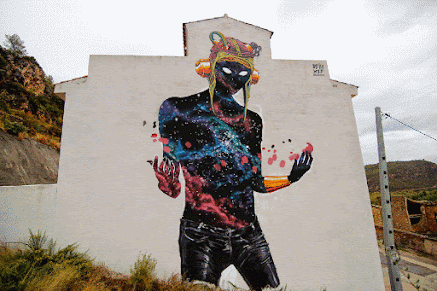Throughout the history of mankind, seeds have been preserved in a natural way according to seasonal cycles. In cold periods the seeds were frozen. Germinating in their natural habitats when climatic conditions became warmer.
Using a language that combines lyrical, ethnic and scientific elements, the artist Basia Irland creates in 2009 the Ice Receding/Books project. For this project he was inspired by the observations and documentation provided by members of the Nisqually tribe.
Whose communities live on reservations in the U.S. state of Washington, and the natural processes from which they obtained their seed stocks. These seeds were then used in their crops.
Using ice books to fossilize the seeds, made with large blocks of ice, which are extracted from the plates that are formed in the riverbed where members of the native community usually fish.
READ IT IN SPANISH: Basia Irland - Ice Receding/Books, libros congelados con semillas contra el cambio climatico
And where thousands of seeds are deposited after being trapped in the ice, just carve the ice giving it the shape of books. In whose frozen interior have been embedded variants of seeds of local species. These are finally distributed in different points of the forest, melting due to the exposure to the sun's rays, and releasing the seeds that will spread in their area of influence, germinating.
That first experience has been replicated in other parts of the world such as Spain, Mexico, England or Iran. Through the use of collective tools, teams formed by biologists, artists, botanists, as well as local farming communities, intervene on the territory using natural methods.
Ice Receding/Books is a multicultural proposal that reflects on how human intervention impacts the environment. And how their active presence has modified the methods of germination.
Altering the landscape on which it acts having as main consequence climate change, and the deterioration of unique habitats. That unfortunately go from being in danger of extinction to disappear for good.









_edit_188822180547080.png)
_edit_8099193296908.jpg)















